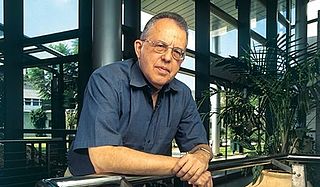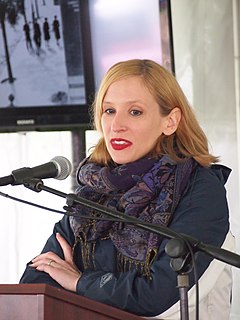A Quote by Nathan Fillion
I'm actually reading 'World War Z' again! It's incredibly realistic and it's written as an oral history through interviews with different characters. Max Brooks wrote this book in so many different voices. There are about forty or so. It's incredible. When I finish 'World War Z' I'm going to go back and start again on the 'Game of Thrones' series.
Quote Topics
About
Actually
Again
Back
Book
Brooks
Characters
Different
Different Characters
Different Voices
Finish
Forty
Game
Game Of Thrones
Go
Going
History
Incredible
Incredibly
Interviews
Many
Max
Oral
Oral History
Reading
Realistic
Series
Start
Thrones
Through
Voices
War
World
World War
World War Z
Written
Wrote
Related Quotes
We have a whole other division, where we actually literally take the comic book and animate it. Our feeling was that, if this was going to be our show and that it was going to be a brand new show, it has to be more adventures with these characters, in the same way that, through the years, there have been long runs on the comic book series. It's the same characters, with different voices, along the way.
World War Two was a world war in space. It spread from Europe to Japan, to the Soviet Union, etc. World War Two was quite different from World War One which was geographically limited to Europe. But in the case of the Gulf War, we are dealing with a war which is extremely local in space, but global in time, since it is the first 'live' war.
Yugoslavia served as a reminder that the lessons of World War Two were only partially learned. There's a great line someone wrote in the middle of the 1990s, at the time when Clinton was agonizing about whether or not to go into Bosnia: "Everyone says, 'Never again. Never again.' But all they really mean is never again will Germans kill Jews in the streets of Warsaw".
My book, Oral History: Understanding Qualitative Research is about how researchers use this method and how to write up their oral history projects so that audiences can read them. It's important that researchers have many different tools available to study people's lives and the cultures we live in. I think oral history is a most needed and uniquely important strategy.
Moreover, it is so important that people have the opportunity to share their stories and have them documented. There have been large-scale oral history projects after many events, from September 11th to Hurricane Katrina. Many oral history projects are much more confined, but equally valuable. We can learn about different working conditions, living conditions, trauma experiences and much more through oral history.


































